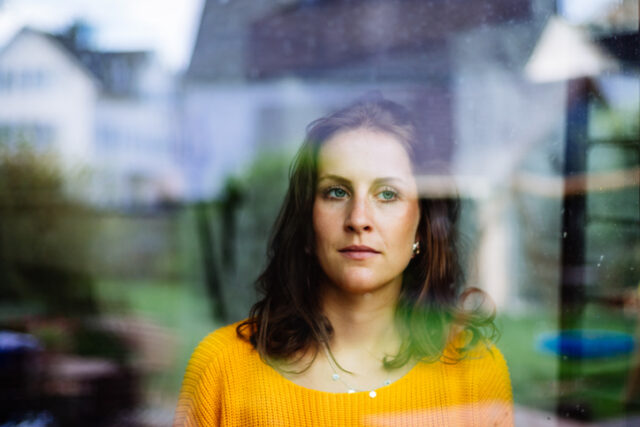For many people, the start of a new year brings excitement and hope for the months ahead.

But for others, it can feel like a heavy cloud of sadness, uncertainty, or even dread. The pressure to feel positive, set goals, and leave the past behind can be overwhelming. If you’re struggling with sadness as the new year approaches, know that you’re not alone. Here are a few practical ways to cope and care for yourself during this time.
1. Reflect on what you’ve overcome, not just what you’ve achieved.

It’s easy to get caught up in what you didn’t accomplish or where you fell short, but take a moment to reflect on the challenges you’ve faced and survived. Even if you didn’t meet certain goals, the fact that you’re still here, still pushing forward, is an achievement in itself. Honour your resilience and the strength it took to get through tough moments.
2. Allow yourself to feel your emotions without judgement.

It’s okay to feel sad, reflective, or even anxious about the new year. Suppressing these emotions can make them feel stronger. Instead, give yourself permission to feel them. Write in a journal, talk to a friend, or simply acknowledge your feelings with compassion. You don’t have to force yourself to feel happy just because the calendar is changing.
3. Set gentle and realistic expectations for yourself.

Resist the urge to make drastic resolutions or set overwhelming goals. Instead, focus on small, manageable changes or intentions that feel achievable. Gentle goals like “I will take things one step at a time” or “I will be kinder to myself” can be more meaningful than grand resolutions that add pressure.
4. Reach out to people who care about you.

When sadness creeps in, isolation can make it worse. Even if it feels difficult, reach out to someone you trust — a family member, a friend, or even a support group. A simple conversation can remind you that you’re not alone. Letting people in can provide comfort and connection, easing some of the loneliness you may feel.
5. Create a comforting new year’s ritual.

Instead of focusing on traditional celebrations that might not resonate, create a ritual that feels meaningful to you. It could be lighting a candle for hope, taking a quiet walk in nature, or making a gratitude list. Having a personal tradition can provide comfort and a sense of peace as you enter the new year.
6. Focus on self-care, no matter how small.

Self-care doesn’t have to be elaborate. Small acts like taking a warm bath, reading a favourite book, listening to music, or getting some fresh air can make a difference. Prioritising your well-being reminds you that you’re worth caring for, even during difficult times. These little moments can help lift your spirits bit by bit.
7. Limit your time on social media.

Social media can amplify feelings of sadness, especially when you see other people posting about their achievements or celebrations. Remember, people often share the highlights, not the full story. Taking a break or setting boundaries on social media use can help protect your mental and emotional health during this sensitive time.
8. Practise gratitude for the small things.

When sadness weighs you down, finding gratitude for the small things can help shift your perspective. Focus on simple moments — a comforting meal, a smile from a stranger, a warm blanket, or a beautiful sunset. Acknowledging these tiny joys can create a sense of comfort and help balance out heavier emotions.
9. Take things one day at a time.

Thinking about an entire year ahead can feel daunting. Instead, focus on one day at a time. Break things down into smaller, more manageable moments. Remind yourself that you don’t need to have everything figured out. All you need to do is get through today, and tomorrow can wait its turn.
10. Move your body, even if it’s just a little.

Exercise can feel impossible when you’re feeling down, but even small movements can help. A gentle walk, some light stretching, or dancing to a favourite song can release endorphins and reduce tension. Movement helps shift energy, often making sadness feel a little less heavy.
11. Consider talking to a counsellor or therapist.

If your sadness feels overwhelming or persistent, reaching out to a mental health professional can be incredibly helpful. Therapists and counsellors can provide guidance, tools, and a safe space to process your feelings. Asking for help is a sign of strength, and help is available if you need it.
12. Remind yourself that it’s okay to start slow.

The new year doesn’t have to start with a bang. It’s perfectly fine to ease into it slowly. There’s no deadline for feeling better or having a plan. Take the time you need to adjust, heal, and process. Your journey is unique, and you’re allowed to go at your own pace.




